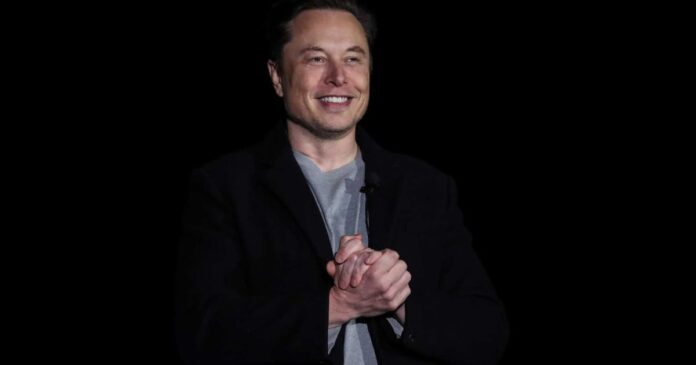"Elon Musk’s Flood Tunnel Proposal: Innovation or Oversight? Experts Weigh In"
Elon Musk’s Flood Tunnel Proposal Faces Scrutiny Amid Concerns Over Effectiveness and Cost
Houston, TX — Billionaire entrepreneur Elon Musk is under fire following a recent investigation by the Houston Chronicle and The Texas Newsroom regarding his company’s proposal to construct flood mitigation tunnels in Houston. The Boring Company, which Musk founded, has been lobbying local officials to approve a project aimed at alleviating the city’s chronic flooding issues. However, experts have raised significant questions about the feasibility and effectiveness of the proposed plan.
The Proposal: Smaller Tunnels for a Big Problem
Musk’s plan involves digging two 12-foot-wide tunnels beneath Buffalo Bayou, Houston’s primary waterway, to channel stormwater away from neighborhoods during heavy rainfall. The Boring Company claims that these tunnels would be a cost-effective solution, with an estimated price tag of $760 million. In contrast, the Harris County Flood Control District has proposed larger tunnels, ranging from 30 to 40 feet in diameter, at an estimated cost of $4.6 billion.
Experts argue that while Musk’s proposal appears cheaper, it is fundamentally different from the larger systems that have been studied extensively. According to flood control experts, the smaller tunnels would only manage about one-fifth of the water volume that a single large tunnel could handle. This raises concerns about whether Musk’s approach would adequately address the scale of flooding that Houston is likely to face in the future.
Musk’s Response and Lack of Data
After the initial report was published, Musk took to social media platform X (formerly Twitter) to assert that "Boring Company tunnels will work and cost <10% of alternatives." However, he provided no data or engineering rationale to support his claims. The newsrooms reached out to Musk and representatives from The Boring Company for clarification prior to publication, but received no response.
Experts have since scrutinized Musk’s assertions, finding that his claim about cost savings is likely exaggerated. The Boring Company’s proposal would cost approximately one-sixth of the county’s estimate, contradicting Musk’s assertion of being less than 10%. This discrepancy raises questions about the validity of Musk’s claims and the potential effectiveness of the proposed tunnels.
Engineering Challenges and Long-Term Costs
Musk’s suggestion that additional tunnels could be constructed if more floodwater needs to be managed has also been met with skepticism. Engineers have pointed out that it would take about 11 of Boring’s smaller tunnels to match the capacity of one large tunnel. This would not only require more land but also complicate maintenance and increase long-term costs.
Larry Dunbar, a veteran water resources engineer, emphasized that the complexities of adding more tunnels would undermine the speed and affordability that Musk has touted. Harris County Commissioner Tom Ramsey echoed this sentiment, noting that a comprehensive plan must be established from the outset to ensure all system components work together effectively.
Local Perspectives and Future Considerations
While some local officials see potential in Musk’s proposal for smaller watersheds, they caution that the effectiveness of such tunnels remains unproven. Emily Woodell, a spokesperson for the Harris County Flood Control District, stated that more research is needed before any project can move forward.
Colleen Gilbert, executive director of the Greens Bayou Coalition, expressed a willingness to explore all options for flood mitigation, including Musk’s proposal. However, experts continue to stress the importance of a well-thought-out plan that prioritizes public safety over cost.
Conclusion
As Houston grapples with its ongoing flooding challenges, the debate over Musk’s proposed tunnels highlights the complexities of urban flood management. While innovative solutions are needed, experts warn that cost alone should not dictate the direction of flood mitigation efforts. The stakes are high, and the community’s safety depends on a thorough evaluation of all proposed solutions.
For now, the future of Musk’s flood tunnel project remains uncertain, as local officials and experts continue to weigh the potential benefits against the risks and challenges involved.
